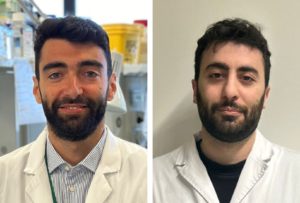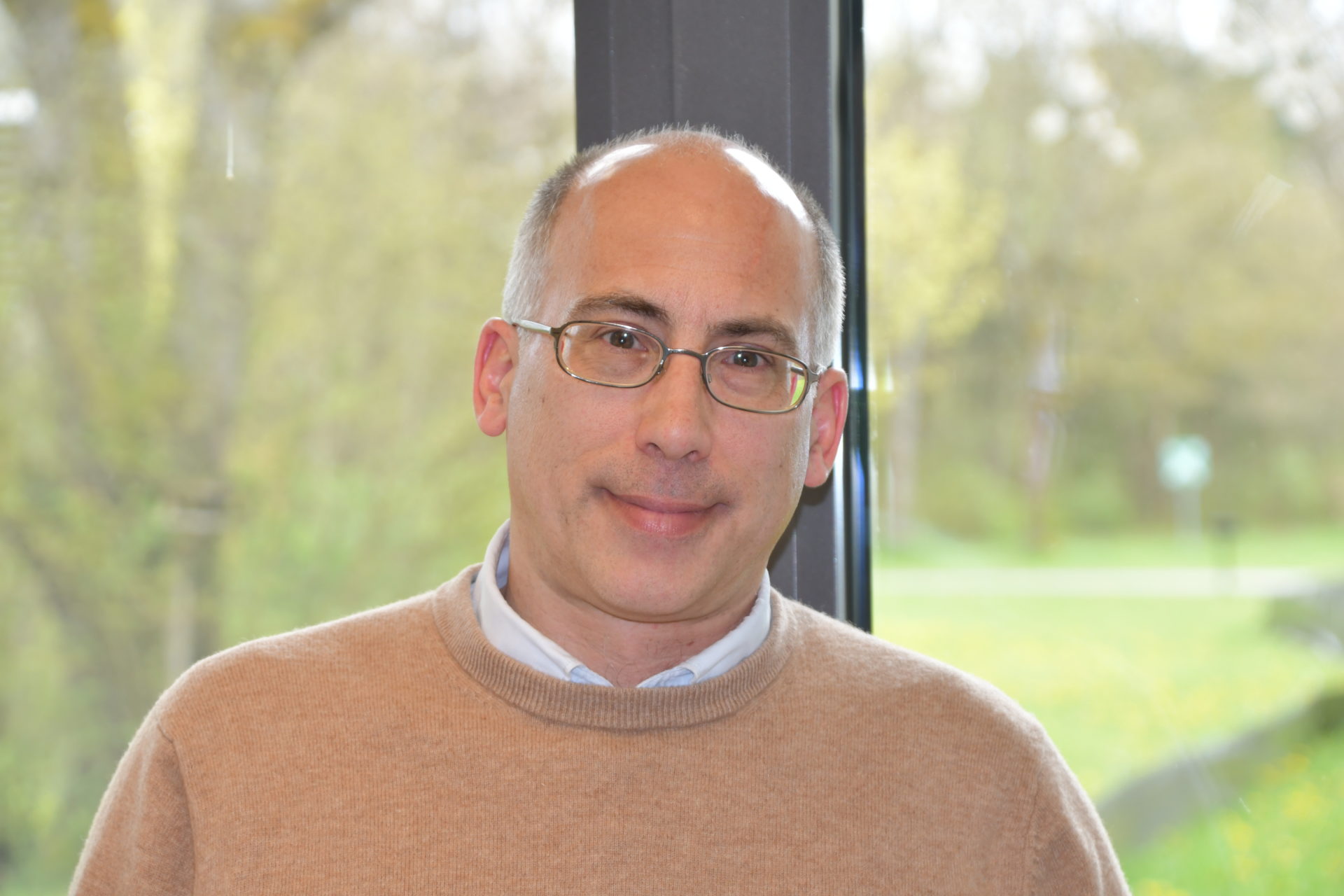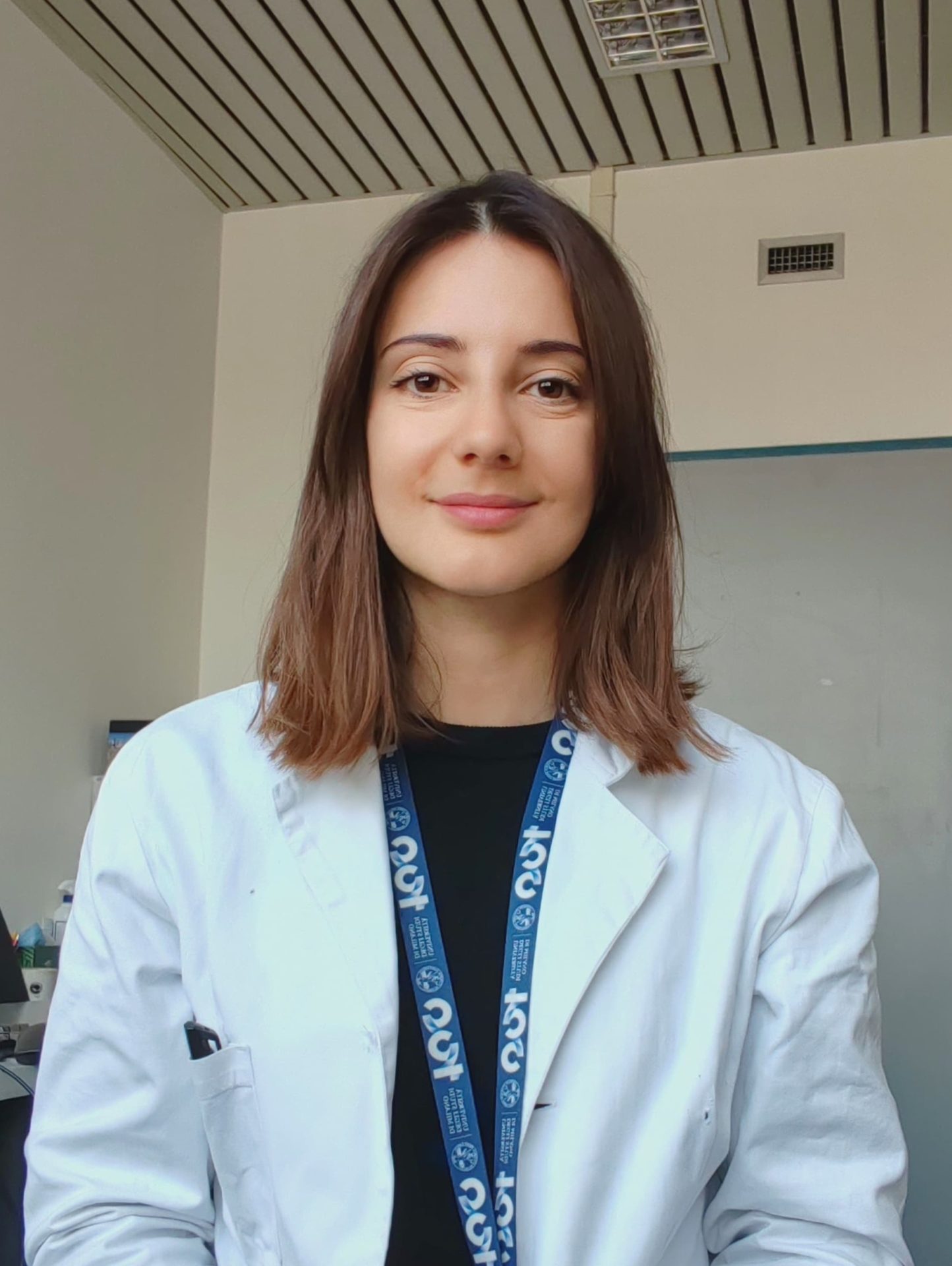FEBS Press awards
The FEBS Journal Richard Perham Prize
The FEBS Journal awards an annual prize of €5000 to the authors of a particularly important paper published in the journal in the previous calendar year. The prize is named in recognition of Richard Perham‘s outstanding contributions to the journal and to FEBS.
For more information about this award and to see a list of previous winners, please see The FEBS Journal Richard Perham Prize page on the journal website.
The FEBS Journal Richard Perham Prize 2024

The 2024 Richard Perham Prize is awarded to co-first authors Matteo Brindisi (pictured left) and Luca Frattaruolo (right), and co-corresponding authors Federica Sotgia, Michael P. Lisanti and Anna Rita Cappello, for their outstanding article ‘New insights into cholesterol-mediated ERRα activation in breast cancer progression and pro-tumoral microenvironment orchestration’ published in The FEBS Journal in 2023. The monetary award will be shared equally between first authors Matteo Brindisi and Luca Frattaruolo, and Matteo Brindisi will deliver a plenary lecture about the work at the 2025 FEBS Congress on behalf of all the authors.
Brief article summary: Breast cancer is a leading cause of cancer-related death in women. Studies that aim to elucidate the molecular pathways underlying aggressive forms of the disease are thereby of high clinical importance. Here, Brindisi, Frattaruolo et al. show that high cholesterol levels promote breast cancer aggressiveness by direct activation of the ERRα pathway and concomitant enhancement of epithelium-mesenchymal transition (EMT) and the release of pro-inflammatory cytokines. Intriguingly, these effects drive changes in the tumor microenvironment, including increased infiltration of macrophages with an M2 phenotype, enhanced angiogenesis and endothelial branching. These findings implicate cholesterol-ERRα synergy as a potential therapeutic target for breast cancer.
The FEBS Letters Award
The FEBS Letters Award is a prize of €5000 presented annually to the corresponding author of the best research paper published in FEBS Letters in the previous calendar year. The award-winning article is selected by a special committee formed by appointed members of the Editorial Board, plus one external member.
For more information about this award, please see the FEBS Letters Award page on the journal website.
The FEBS Letters Award 2025

The FEBS Letters Award 2025 will be presented to Prof. Peter Murray (Immunoregulation Research Group, Max Planck Institute of Biochemistry, Martinsried, Germany) and Dr. Arno Alpi (Department of Molecular Machines and Signaling, Max Planck Institute of Biochemistry, Martinsried, Germany and Institute of Cell Biology, University of Edinburgh, UK), for the outstanding paper:

Skraban-Deardorff intellectual disability syndrome-associated mutations in WDR26 impair
Gross, A., Müller, J., Chrustowicz, J., Strasser, A., Gottemukkala, K.V., Sherpa, D., Schulman, B.A., Murray, P.J. and Alpi, A.F.
The FEBS Open Bio Article Prize
The FEBS Open Bio Article Prize is awarded to an early-career researcher (either a PhD student or a postdoctoral researcher within 5 years of receiving their PhD) who has published a paper of especial interest and importance in the journal in the preceding year. The prize consists of a travel bursary to allow the winner to attend the annual FEBS Congress. The choice of the prize-winning article is made by a jury of members of the journal’s Editorial Board.
For more information about this award, please see the FEBS Open Bio Article Prize page on the journal website.
FEBS Open Bio Article Prize 2025

Dr Giulia Lunghi received the FEBS Open Bio Article Prize 2025 as first author of the paper: GM1 ganglioside exerts protective effects against glutamate-excitotoxicity via its oligosaccharide in wild-type and amyotrophic lateral sclerosis motor neurons
Giulia Lunghi, Erika Di Biase, Emma Veronica Carsana, Alexandre Henriques, Noelle Callizot, Laura Mauri, Maria Grazia Ciampa, Luigi Mari, Nicoletta Loberto, Massimo Aureli, Sandro Sonnino, Michael Spedding, Elena Chiricozzi, Maria Fazzari
Other FEBS Press Awards
The FEBS Press journals award prizes for posters and speed talks at a variety of meetings throughout the year, including the annual FEBS Congress. See the links below for further information and lists of winners.